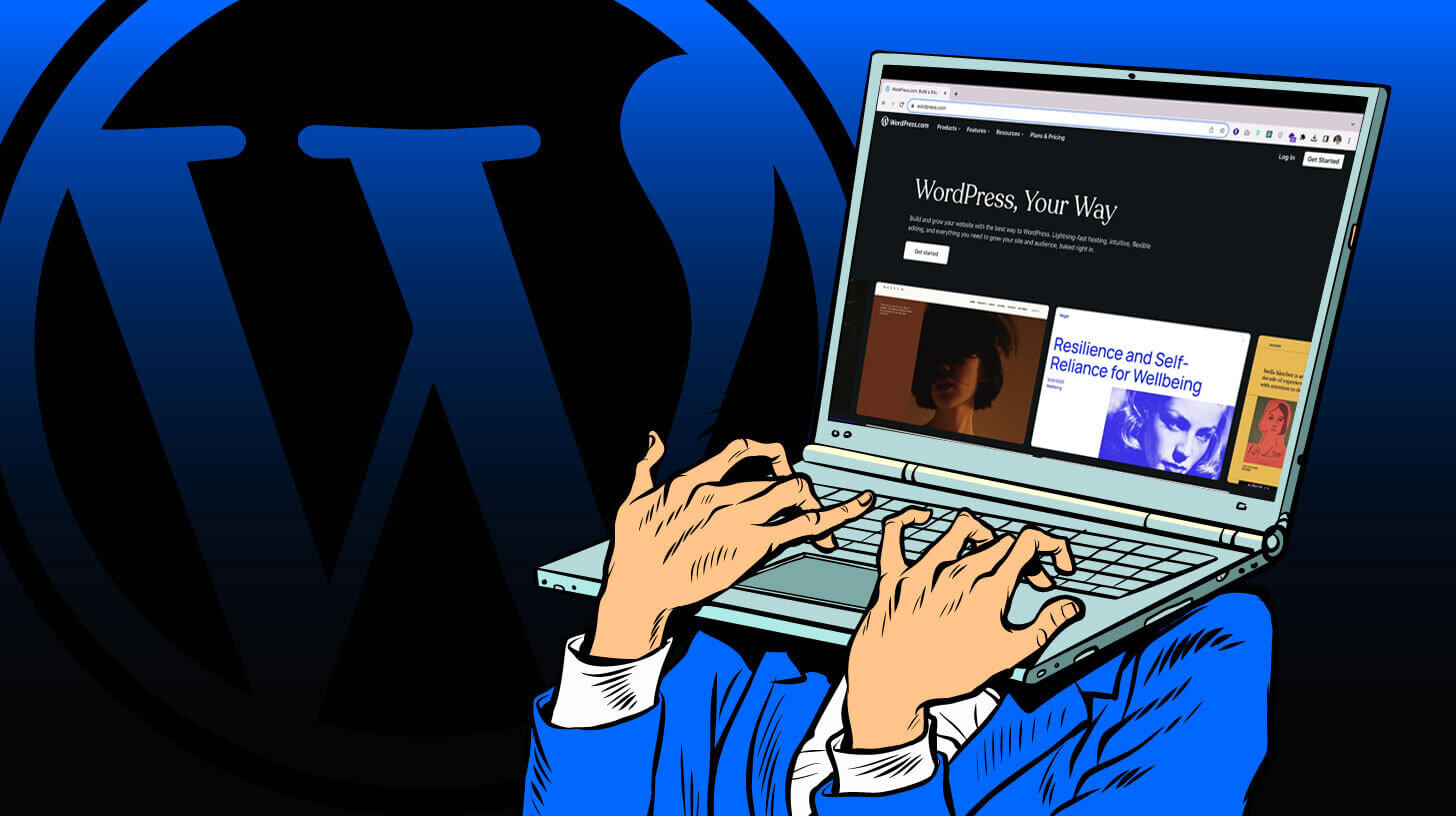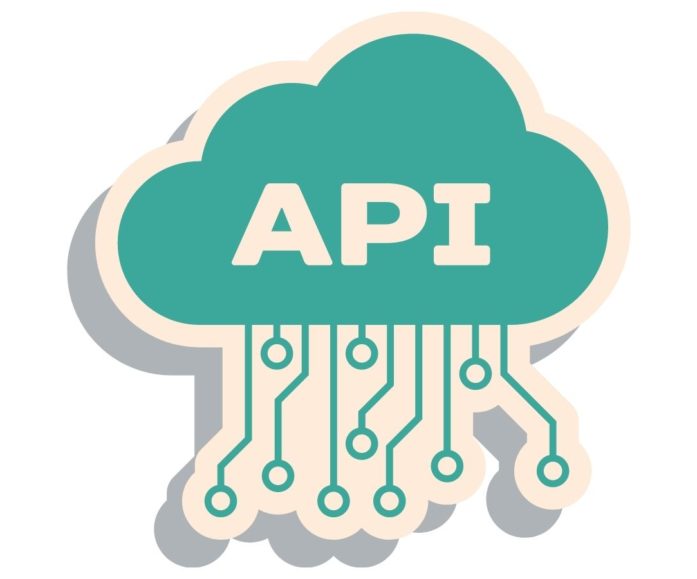
Why WordPress works for the enterprise
WordPress celebrated its 20th birthday this year and has evolved into a powerful and flexible CMS used by some of the world’s biggest brands and publishers.
Despite this, it can easily be overlooked in the enterprise space to power flagship products. Recent high-profile rollouts of WordPress– from Salesforce to NASA and The White House – shows the faith prominent businesses and institutions are now putting in the framework.
Vox Media recently announced it would be moving its entire suite of websites to WordPress, off of its own proprietary CMS.
This article will explore why WordPress can be the best CMS for enterprise-grade projects and address:
- What is an enterprise-level project
- Why WordPress in particular works for enterprise
- The challenges of buying a WordPress project for enterprise
- How to manage the risks of an enterprise project
What is an enterprise-grade project?
“Enterprise” is a term that’s thrown around a lot and can mean a lot of things to different people. For The Code Company, we believe that enterprise WordPress projects are defined by:
- Sophisticated and complex software needs; and
- Comprehensive delivery requirements by the organisation.
Sophisticated software needs
Although every project is different, enterprise projects often have heightened requirements when it comes to:
- Complexity and scalability: Enterprise projects often involve complex setups, and they need to support large numbers of users or substantial amounts of data. The solutions should be able to scale smoothly as the organisation grows.
- Security: Security breaches for large companies and government institutions can be extremely destructive. Any platform they adopt must offer robust security features, including protection against various threats, vulnerabilities, and data breaches.
- Integration capabilities: Enterprise businesses usually have a slew of other systems and applications in place, so any new solution should integrate seamlessly with existing systems – whether it’s CRM, ERP, or other legacy systems.
- Uptime and performance: Stakes are higher for enterprise businesses when it comes to uptime and performance, even during maintenance and upgrades.
- Compliance: Depending on the industry, enterprise businesses may need to adhere to certain standards and regulations. Solutions should help, not hinder, these compliance efforts.
- Globalisation and multilingual: Larger enterprise businesses often operate in multiple countries, necessitating multi-language support and localisation features.
Comprehensive delivery requirements
Enterprise projects, often for government or publicly traded companies, come with more scrutiny and therefore more comprehensive execution and delivery requirements. While enterprise budgets are generally larger, projects of any size in this space are more likely to require:
- Agile delivery: Enterprise projects are often affected by high-level changing business needs. Adopting Agile methodologies ensures that a project is flexible to changes, promotes continuous feedback, and allows for iterative development.
- Reporting to executive leadership teams: Reporting requirements in enterprise projects are often more involved and involve scrutiny from several top-level stakeholders.
- Advanced documentation: Compliance, security and integration needs of enterprise projects require more comprehensive documentation to mitigate risk.
- Disaster recovery: Having a robust disaster recovery plan ensures that the system can be quickly restored in the event of catastrophic failures, minimising downtime and data loss.
- Regression monitoring and testing: This ensures that newly introduced features or changes don’t adversely affect existing functionalities. Regular monitoring and testing keep the system’s integrity intact.
- Continuous Integration and Continuous Deployment (CI/CD): Implementing CI/CD practices ensures that code changes are automatically tested and deployed, leading to faster releases and more stable products.
Why WordPress works for the enterprise
The general benefits of WordPress for publishers of any size also make it a smart option for the enterprise:
- Lower Total Cost of Ownership (TCO): Unlike many proprietary platforms that come with recurring licensing fees, WordPress is open-source. This translates to significant cost savings over time. The money saved can be redirected to customisation, enhancements, or other strategic investments.
- Robust security: WordPress got a bad rap in the early days when it came to security, but those issues are long gone. By partnering with experienced agencies who have a deep understanding of WordPress, and by choosing hosting solutions tailored for security, enterprise businesses can be confident in a hardened and secure environment.
- Robust community & contributors: One of WordPress’s greatest strengths is the community and ecosystem that powers it. With thousands of contributors, the platform is continually evolving, with regular updates and improvements. This also means a vast pool of knowledge and resources available for troubleshooting, innovation, and assistance.
- No vendor lock-In: With WordPress, enterprise businesses aren’t tied to a single vendor for solutions. They have the freedom to choose from a myriad of themes, plugins, developers, and agencies, ensuring the best fit for their unique requirements and avoiding the pitfalls of a monopolistic relationship.
- Strong hosting ecosystem: Hosting can make or break a digital experience. Recognising this, there’s a robust ecosystem of WordPress-specific hosting solutions, such as WP Engine and WordPress VIP. These hosts not only offer optimised performance but also additional tools and features tailored for WordPress, ensuring a seamless experience.
- Best-in-class editorial experience: WordPress is arguably the most prolific CMS in the open-source and proprietary space. Over the years it has developed a leading-edge, extendable editorial experience. With intuitive interfaces, easy media management, and features like the Gutenberg block editor, content teams can work efficiently and creatively.
- Powerful integrations: In today’s digital ecosystem, interoperability is key. WordPress’s extensive plugin library includes powerful integrations with leading platforms like Meta (previously Facebook), Apple News, Google, and more. These integrations ensure that enterprises can extend their reach and functionality without reinventing the wheel.
Why buying WordPress can be complex
While there are many advantages, engaging in a WordPress project can be intimidating for enterprise businesses. Alternatives such as Gartner, SiteCore, Adobe Experience Manager or Kentico can seem easier because they are often an all-in-one solution in a single contract or licensing fee.
A WordPress implementation in comparison can involve separate engagements with an implementing agency, a hosting provider, individual licences for external plugins and more. In addition, there is no official certification or standards for WordPress, so the environment can feel like a bit of a Wild West when it comes to reliable and trusted partners to execute WordPress solutions.
While this can add some additional friction to the process, the benefits of an enterprise WordPress deployment greatly outweigh this. Partnering with an agency like The Code Company, which specialises in delivering WordPress projects to the enterprise is often the most strategic decision.
Enter The Scale Consortium
As an agency that has been delivering some of the largest and most complex WordPress projects to government and enterprise organisations, we’ve known there is a gap in how WordPress markets itself to enterprise buyers.
That’s why The Code Company is a founding member of The Scale Consortium: an alliance of WordPress agencies around the globe that work on delivering WordPress to the enterprise.
In the nature of open source, members of Scale contribute resources to work on shared initiatives, be it marketing, education or events – all in the name of progressing WordPress in the enterprise arena.
Want to learn more about The Code Company’s WordPress enterprise-grade solutions?

